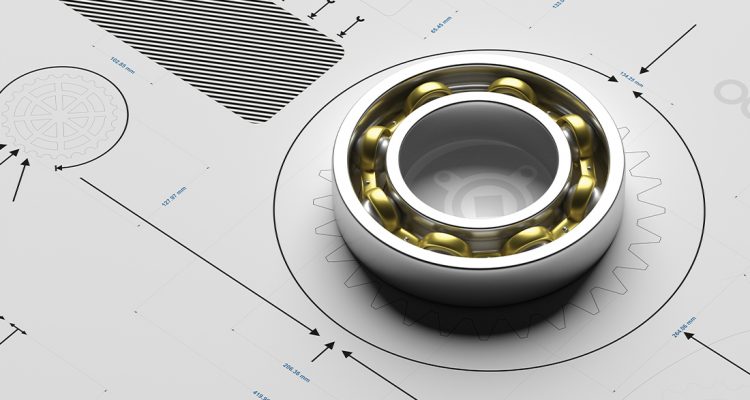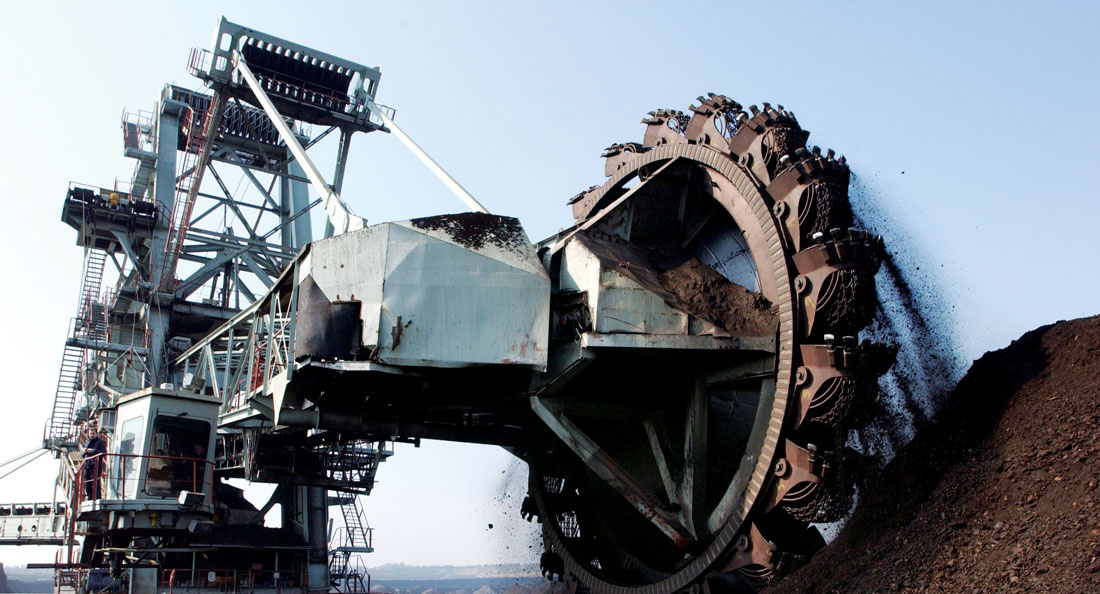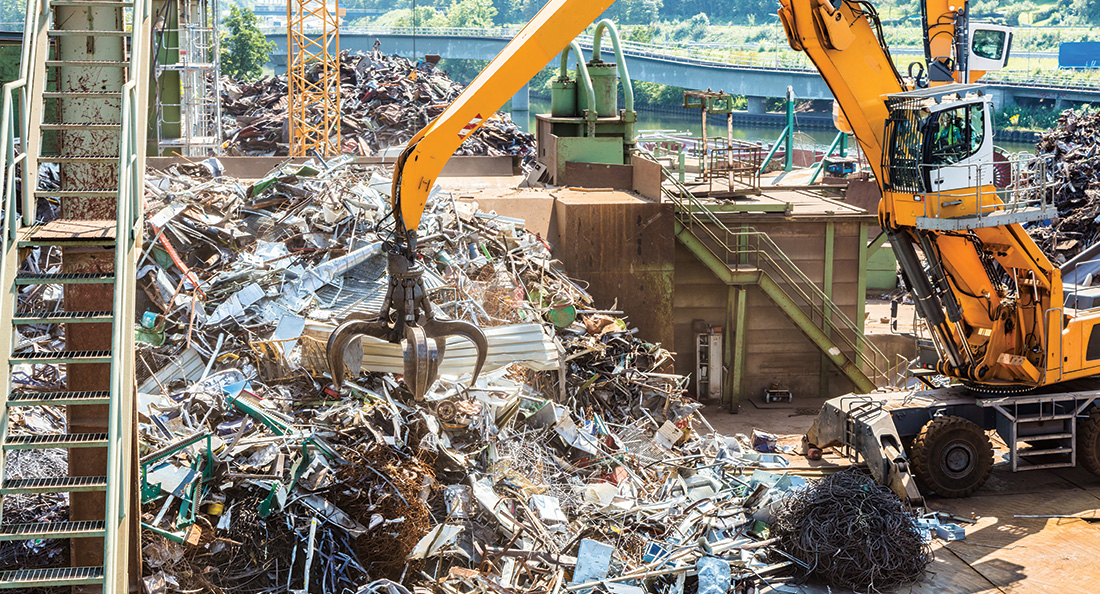At Motion, engineering experts provide the waste management and recycling sectors with leading knowledge and expertise around personalised solutions for individual and business needs. Alan Phillips, New South Wales’s Engineering Service Manager, has been providing diverse solutions at Motion for more than 14 years. He has been specialising in bearings since 1981 and has developed a sound understanding of the way they can resolve common issues faced in many industries, including waste and recycling plants.
Impactors are machines commonly used in recycling plants to breakdown and repurpose concrete. Once concrete is broken down, it can be repurposed into a useable product, commonly used in landscaping, construction, and civic projects. Due to the nature of the materials being broken down, mechanical failures are common, creating downtime and cost issues in waste and recycling plants.
Alan and his team were recently faced with a client experiencing this issue.
“In this particular case, they had an issue with the bearings and the housing that were on the impactor,” he said.
Alan discovered that the impactor was failing every six to eight weeks, in one case leading to one of the bearings catching fire.
This posed a health and safety risk to the workers as well as an unprecedented cost for the recycling plant.
“Not only did it cost the guys each time they changed the bearings, but there was also a lot of downtime, too,” Alan says. “Each time the impactor was pulled apart, the recycling plant incurred $10,000 to $15,000 in cost due to lost production.”
To address the issue, Alan used a series of tests to get to the root cause of the breakdowns. “We obtained some failed bearings and analysed the damage they had sustained. We also obtained a grease analysis as well and found was silica dust in the grease, which meant crushed concrete dust was getting into the bearings resulting in contamination of the lubricant in the bearings – essentially turning the grease into a grinding paste,” he says.
During the repair process, the team fitted a new FAG bearing and redesigned the seals on the housing to stop the concrete dust from getting in. Due to the lack of space on the impactor, the team custom designed a special housing unit to fit into the available space.
“Everything was designed and made in-house. Once supplied to the customer, we also went to the customer site and installed the bearings and the housings to the impactor shaft,” Alan says.
The solution increased the bearings life span to 12 months before needing replacement again, which resulted in lasting trust between the customer, Alan and his team.
“Since then, the customer has bought bearings from us, plus we have supplied spare housing and seal components, so they always have a spare set available. We’re now actually refurbishing the housings as well,” he says.
Motion’s engineering’s department encompasses over 250 professionals proficient in delivering outcomes in assessment, review, design, and analysis. They can repair, refurbish, manufacture, and assemble new equipment, as well as offer site services for installation, commissioning, and testing.
“It’s a one-stop shop delivering designs, manufacturing, supply and installation” Alan says.
Through providing a multitude of services under the one roof, Motion engineers can be the go-to for all needs and concerns – making them a significant contributor to the waste management and recycling industry.




